Publications
Articles, publications, books, tools and multimedia features from the U.S. Institute of Peace provide the latest news, analysis, research findings, practitioner guides and reports, all related to the conflict zones and issues that are at the center of the Institute’s work to prevent and reduce violent conflict.
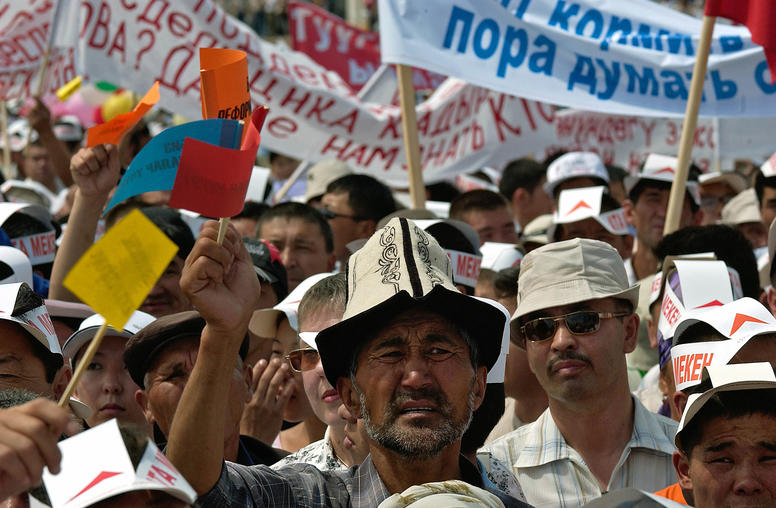
In Kyrgyzstan, It’s Easier to Start a Revolution than to Finish It
For the third time in 15 years protesters in the Kyrgyz Republic capital of Bishkek have seized and set fire to the “White House,” the seat of parliament and presidential staff. The situation is chaotic with multiple political actors claiming to be in charge and the threat of chaos expanding to the provinces. It is a scene all too familiar to Kyrgyzstan in the last 15 years, leading to a cycle of protests and calls for advancing democracy followed by backsliding into authoritarianism. While working to stabilize the situation in the short term, the United States and regional actors should be cognizant of the country’s deep regional and ethnic fault lines and support actors in Kyrgyzstan who will address them so that this time the cycle does not repeat itself.
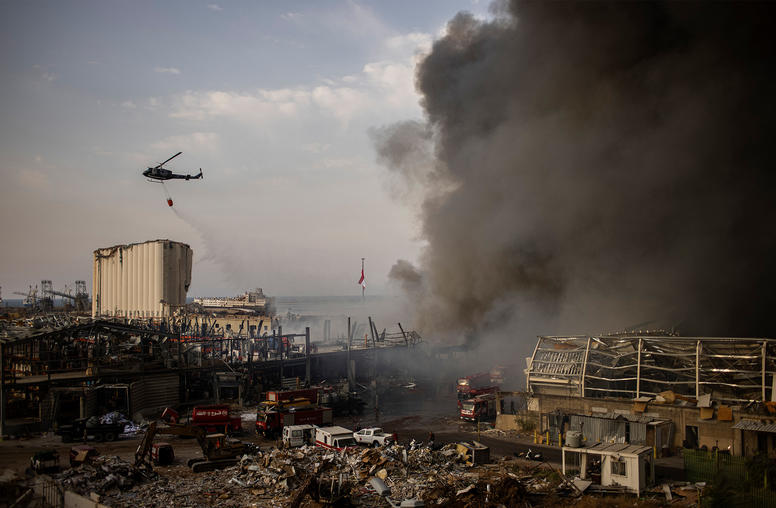
Lebanon on the Brink as Reform Remains Stalled After Beirut Blast
More than two months after a massive explosion rocked Beirut, the country’s twin political and economic crises continue to spiral while a COVID crisis descends upon the Mediterranean nation. International aid for repairing billions in damage and bolstering Lebanon’s flailing economy is largely contingent on sweeping political reforms that have yet to materialize. After another Lebanese prime minister resigned last month, President Michel Aoun has called for consultations next week with members of parliament to name a new premier. This comes days before the October 17 anniversary of mass protests that broke out last year, which began as demonstrations against unpopular taxes but rapidly expanded to calls for an overhaul of the country’s sectarian-based political system.
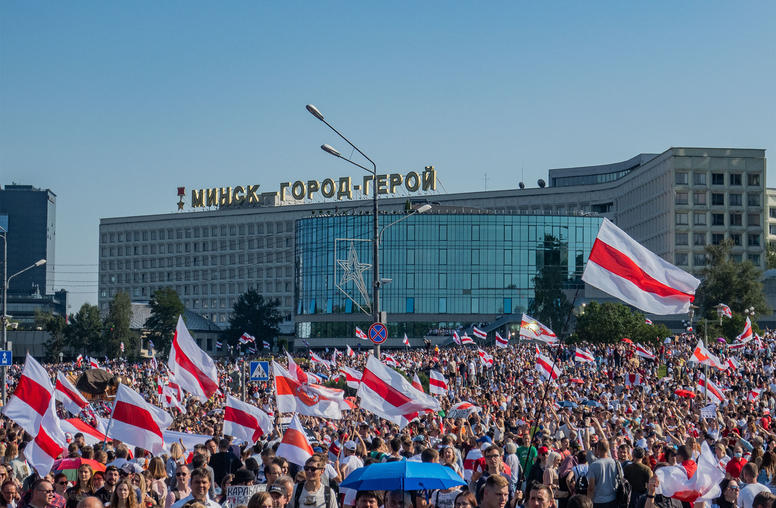
As Russia Bars Democracy in Belarus, Risks Will Rise
As people in Belarus continue massive protests against an autocratic ruler and a rigged election, risks are rising that Russia’s military could take a direct role, less visible than an overt invasion, projecting power westward toward NATO and threatening Ukraine from the north. The dramatic images of this prodemocracy movement resemble those from neighboring Ukraine, yet one difference is critical. The Belarus uprising seeks no sharp break from Russia or turn toward the European Union or NATO. So effective policies to advance Belarusians’ democratic hopes should work for the long term.
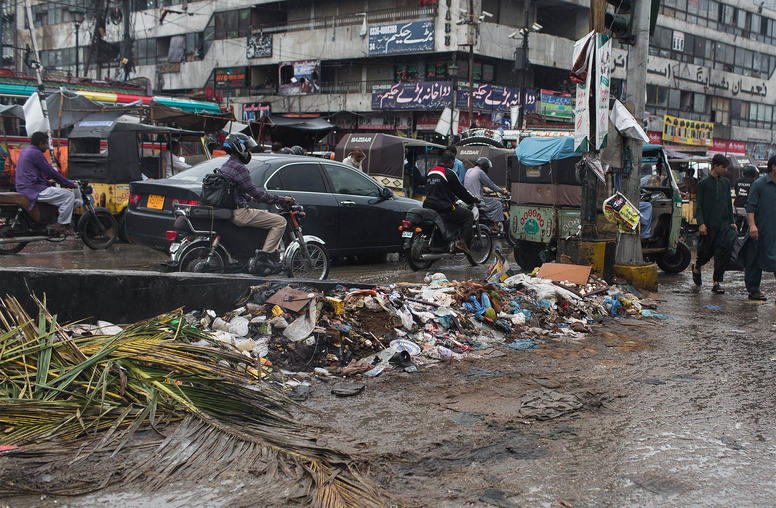
In Karachi, Flooding Lays Bare City’s Governance Issues
Many parts of Pakistan have always struggled with flooding, especially over the last decade, due in part to climate change as weather events have become more extreme. But for Pakistan’s largest city Karachi, August saw immense rainfall—breaking all previous records in the past century—and widespread flooding that brought the city to a standstill. USIP’s Jumaina Siddiqui and Cyril Almeida look at why Karachi’s flooding situation is so dire, how contentious political dynamics have impeded governance reforms in the city, and what can be done to prevent future humanitarian disasters.
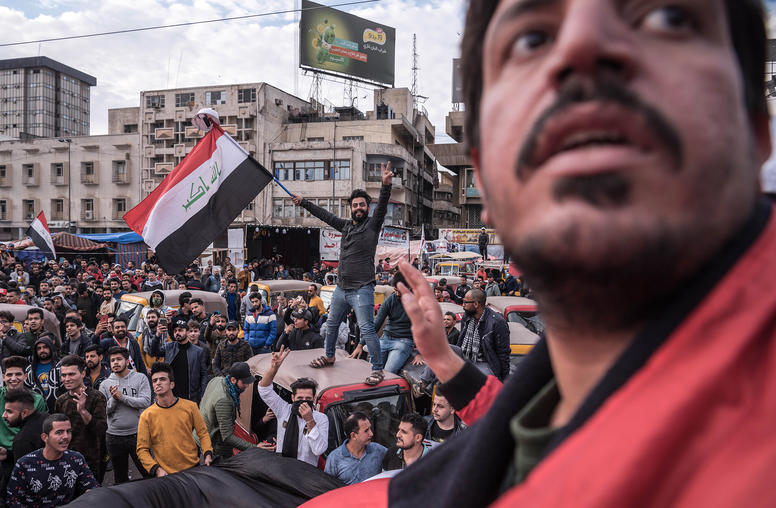
Iraq One Year After its Seismic Protests Began
Iraqis hit the streets in unprecedented numbers last October, calling for political and economic reforms, greater job opportunities for youth, and better government services. In the year since, the country has been rocked by a number of developments, including growing U.S.-Iran tensions playing out on Iraqi soil, the COVID pandemic, and increasing citizen disenchantment with the country’s political system and its sectarian foundation. USIP’s Sarhang Hamasaeed and Elie Abouaoun look at where Iraq’s protest movement stands today, the economic impact of COVID, the prime minister’s call for early elections, and U.S.-Iraq relations.
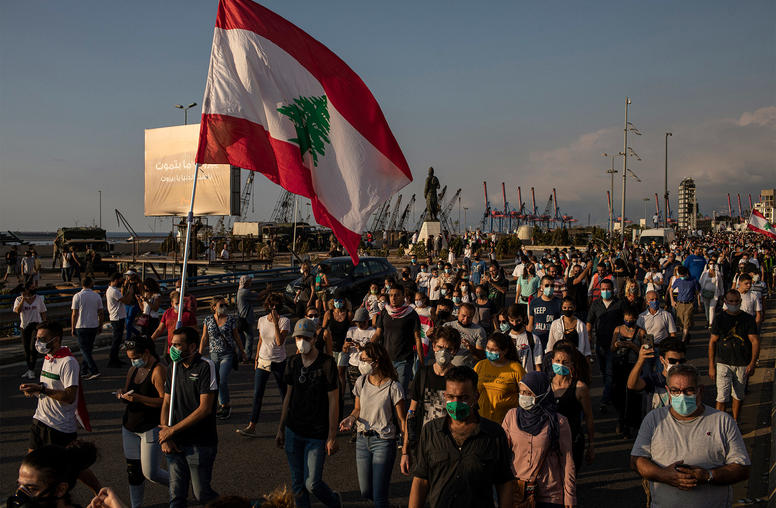
The Beirut Blast Has Yet to Spark Political Reform
Over two months later, there are still more questions than answers regarding the Beirut explosion that killed over 200 people and damaged large swaths of Lebanon’s capital city. Meanwhile, the fallout from the explosion has forced the resignation of Lebanon’s government, which had already been under fire after months of protests over corruption and a deteriorating economy. USIP’s Elie Abouaoun and Osama Gharizi look at where the blast investigation stands, what’s holding up the formation of a new government, and what a new outbreak of COVID-19 means for Lebanon.
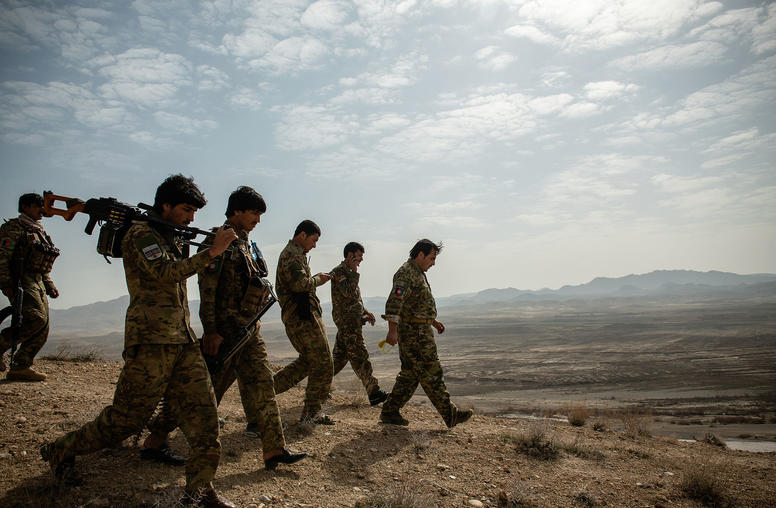
Four Lessons for Security Sector Reform in Afghanistan
As Afghan peace talks in Doha move forward, a vital component to the success of any peace deal will be how Afghanistan’s security sector can reform to sustain peace after more than 40 years of violence, and how the international community can best assist.
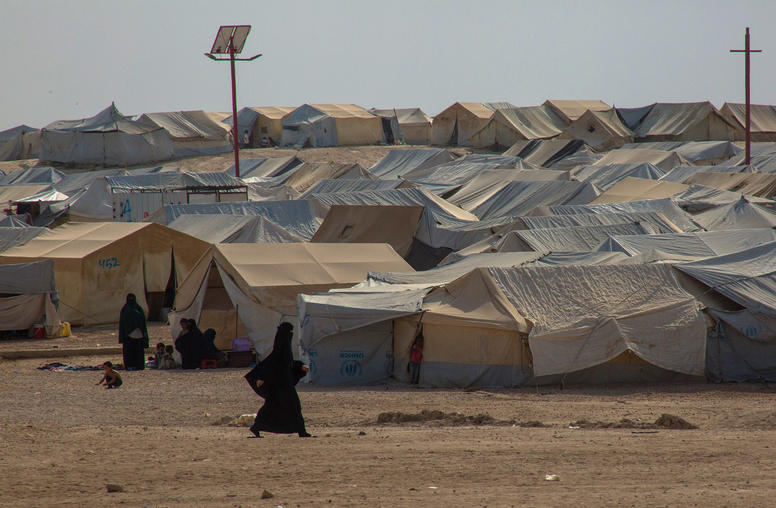
Can Syrians Who Left ISIS Be Reintegrated into Their Communities?
More than a year since the territorial defeat of ISIS, the region is still reeling in the wake of the self-styled caliphate’s destruction. Kurdish authorities operate two dozen detention facilities in northeast Syria holding thousands of former ISIS fighters. On October 5, Kurdish authorities in charge of al-Hol said they would free the 24,000 Syrians in the camp, where conditions have become increasingly unsustainable. USIP’s Mona Yacoubian, Chris Bosley, and Leanne Erdberg Steadman look at what led to the decision to release these Syrians and the challenges ahead for reintegrating them into their communities.
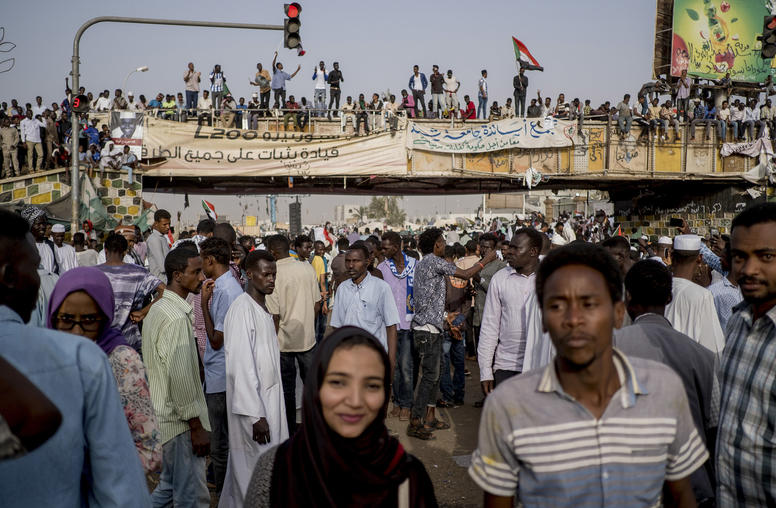
Africa is the next global influencer. That’s an opportunity.
In a COVID-altered landscape of global security threats, economic opportunities and strategic change, Africa is seizing center stage. Africans form the world’s fastest-growing population and national economies. Violent crises, democracy movements, extremist threats, international investments, human displacement and strategic opportunities all are rising. The coronavirus pandemic underscores both Africa’s risks to global stability from fragile states—and the overlooked potential of a continent now outperforming wealthier regions in containing the public health crisis. COVID is the latest reminder that “Africa’s deepening vulnerabilities and its rising capacities will shape global realities whether we prepare for that or not,” according to scholar Joseph Sany.
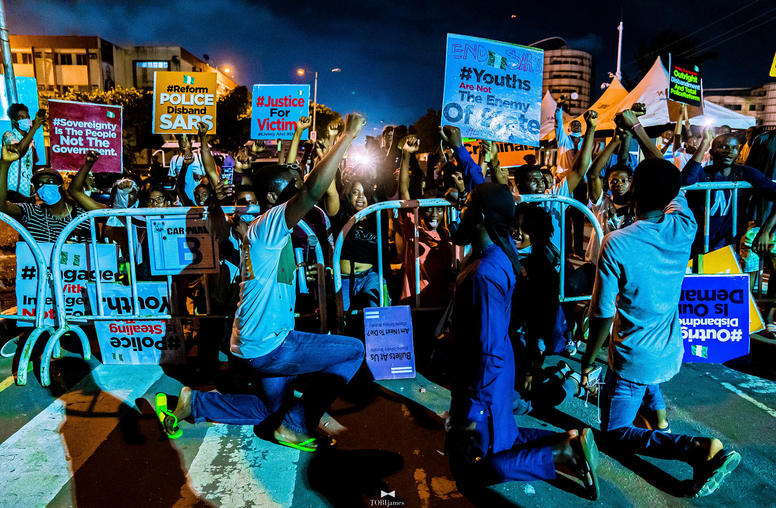
Protests Test Nigeria’s Democracy and its Leadership in Africa
Nigeria’s protests against police brutality already were the largest in the country’s history before security forces opened fire on a crowd in Lagos on October 20. The protest and bloodshed have only heightened the need for the government in Africa’s most populous country to end the pattern of violence by security forces against civilians. Leaders must finally acknowledge that this brutality has fueled violent extremism. How the Nigerian government will respond to citizens’ insistent demand for accountable governance will influence similar struggles—for democracy, accountability, nonviolence and stability—across much of Africa.